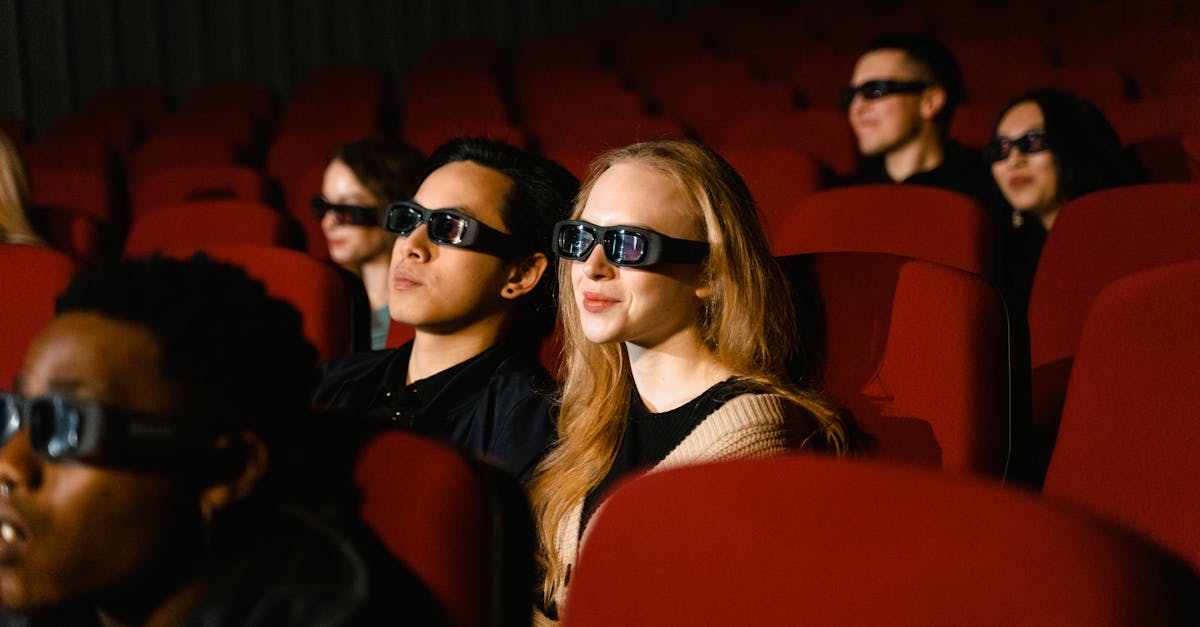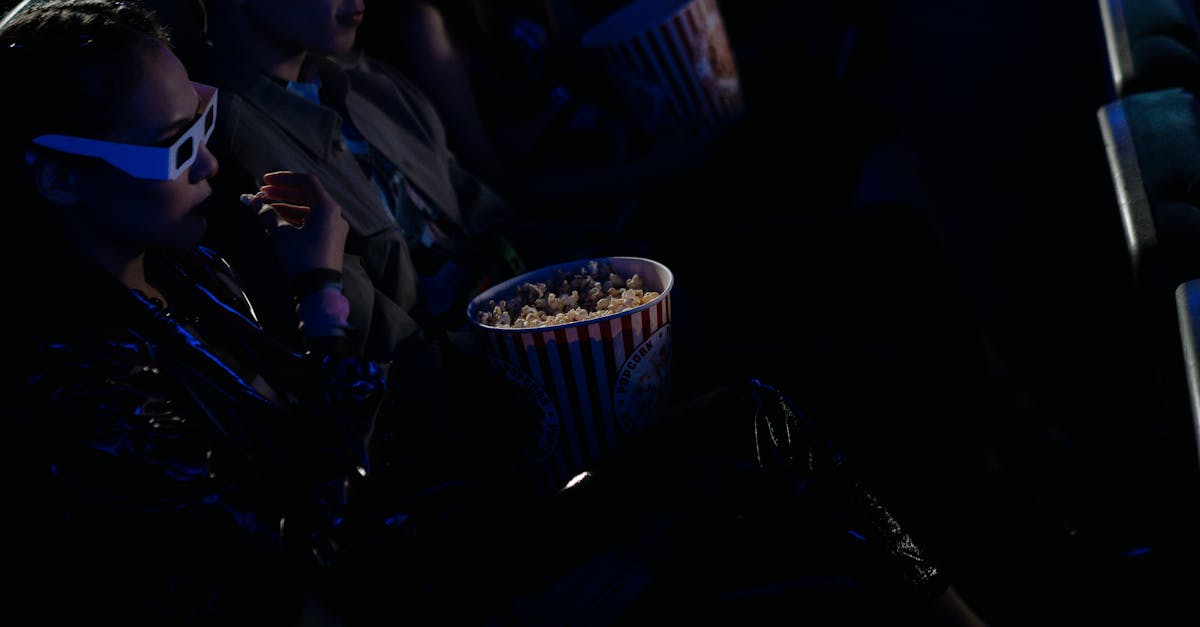Unveiling the Daily Cinema Schedule Spotlight
Introduction
Cinema schedules are the backbone of the movie-going experience, carefully curated to satisfy diverse audience preferences. With varied tastes and time constraints, audiences rely on daily schedules to plan their cinematic escapades. These timetables not only direct foot traffic to theatres but also determine a film’s success at the box office. As movie enthusiasts eagerly await the latest blockbusters, cinemas face the challenge of creating optimal viewing schedules. A well-planned schedule can mean the difference between an empty hall and a sold-out show. With a blend of movies ranging in genre and duration, daily cinema schedules are both a science and an art.
Advertisement
The Art of Scheduling
Constructing a cinema schedule is no simple task. It requires a keen understanding of audience demographics, peak viewing times, and movie lengths. Cinemas strive to cater to both early birds and night owls, balancing showtimes throughout the day. Traditionally, cinema managers would manually devise schedules, but modern advancements have introduced sophisticated algorithms. These algorithms analyze historical attendance stats, genre popularity, and local events, optimizing showtimes for maximum attendance. A strategic schedule not only boosts ticket sales but enhances the overall cinema-going experience by reducing waiting times and ensuring high seat occupancy.
Advertisement
Influence of Movie Duration
Movie duration plays a pivotal role in daily scheduling. Audiences may prefer a quick 90-minute comedy in the afternoon but opt for a lengthy epic in the evening. Cinemas must balance shorter movies with the lengthier ones, ensuring that longer films do not monopolize screen time. With limited screens available, managers must carefully consider which films get the prime hours. Films that run longer may see fewer daily showings, but they often command higher ticket prices, especially during opening weekends. Effective scheduling maximizes screen usage and audience satisfaction.
Advertisement
Impact of Holidays and Events
Holidays and special events drastically influence daily scheduling. School holidays, long weekends, and major festivities often see a spike in movie-goers. To capitalize, cinemas expand their schedules, sometimes offering early morning or late-night viewings. Popular franchises often release sequels during holiday seasons to tap into family audiences. Moreover, local events or nearby exhibitions can also affect cinema foot traffic, and managers must adapt schedules accordingly. These nimble adjustments can yield significant returns, ensuring that cinemas remain bustling during peak and off-peak seasons alike.
Advertisement
Building Audience Engagement
Cinemas harness daily schedules to foster engagement and build loyalty among audiences. Loyalty programs, paired with strategic scheduling, encourage repeat visits, especially through "cinema marathons" or "director's cut weekends." Such events are designed to create a buzz among cinephiles, prompting them to plan entire days around movie showings. Regular patrons become accustomed to specific movie slots, and cinemas often incorporate feedback to tweak schedules. Engagement with the community through interactive digital platforms further enhances attendance, making scheduling a dynamic interaction between cinema and audience.
Advertisement
Streamlining Operations
Beyond audience engagement, daily schedules optimize cinema operations. Efficient scheduling minimizes idle times for screens, ensuring movies start on time and overlap is minimized. This streamlining is crucial for staffing, as it helps dictate staffing requirements, coordinate intermissions, and manage refreshment sales. Technological aids, such as automated scheduling systems, further refine operations, offering adaptive changes based on real-time data. Such advancements ensure a seamless operational flow, enhancing the movie-goer’s overall experience and optimizing revenue streams.
Advertisement
Adaptation to Digital Trends
With the evolution of digital streaming platforms, cinemas face new challenges in attracting viewers to theatre seats. Daily cinema schedules now often include simulcasts of major movie events or theatre shows, bridging the gap between home streaming and cinema. Additionally, incorporating emerging technologies like 3D and IMAX screenings into schedules attracts tech-savvy audiences. The challenge remains to create exclusive cinema experiences that cannot be replicated at home, leveraging special screenings, advanced technology, and interactive viewing experiences. Adapting to these trends secures the relevance of cinemas in a constantly changing entertainment landscape.
Advertisement
Competitive Edge
Scheduling strategies can provide a competitive edge in the fiercely rivaled entertainment industry. Cinemas may experiment with "exclusive screening nights" or offer "first look" events available only at their venues. Strategic partnerships with film studios ensure early releases or themed events, enticing movie enthusiasts eager for exclusive content. By staying ahead of cinematic trends, cinemas can position themselves favorably in the market. Unique and well-timed offerings set a cinema apart, making their schedules eagerly anticipated by loyal patrons.
Advertisement
Audience Feedback and Future Trends
Audience feedback has become instrumental in refining daily schedules. Social media platforms and dedicated apps allow cinemas to gauge preferences directly from movie-goers. Feedback-driven schedules mean more personalized offerings, which resonates well with current audience demands. Future trends might see cinemas adopting AI-driven algorithms to predict viewer habits and customize schedules accordingly. As scheduling technology evolves, cinemas may find new ways to captivate audiences, leveraging real-time data to improve offerings continuously.
Advertisement
Conclusion
The daily cinema schedule is a pivotal component of the movie industry, balancing operational efficiency and audience delight. Thoughtfully planned timetables offer audiences a seamless cinematic experience while maximizing a cinema's potential. Emerging technologies and audience feedback are continually reshaping these strategies, ensuring they remain relevant. Cinemas that adeptly navigate these elements stand to enhance both viewer engagement and their competitive footing. As the industry evolves, so too will the nuances of daily scheduling, maintaining its critical role in the world of entertainment.
Advertisement


